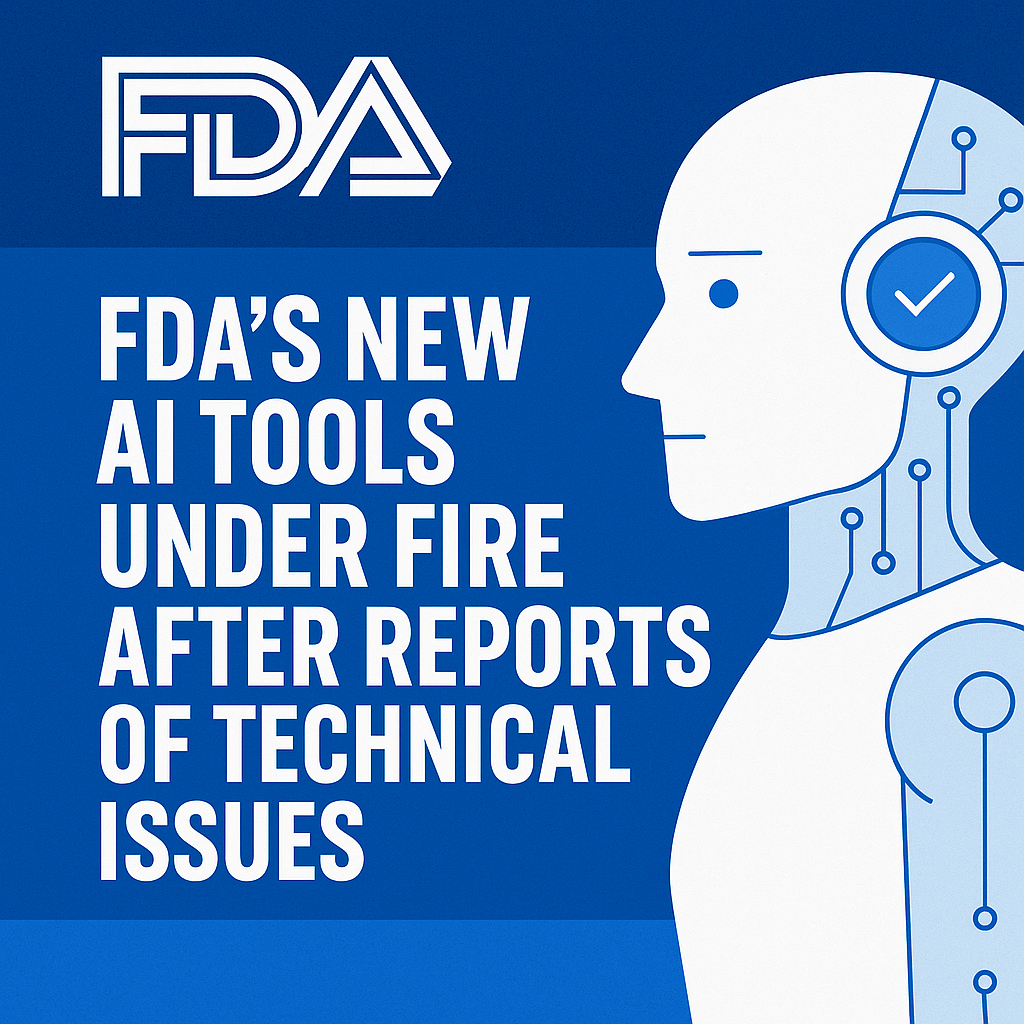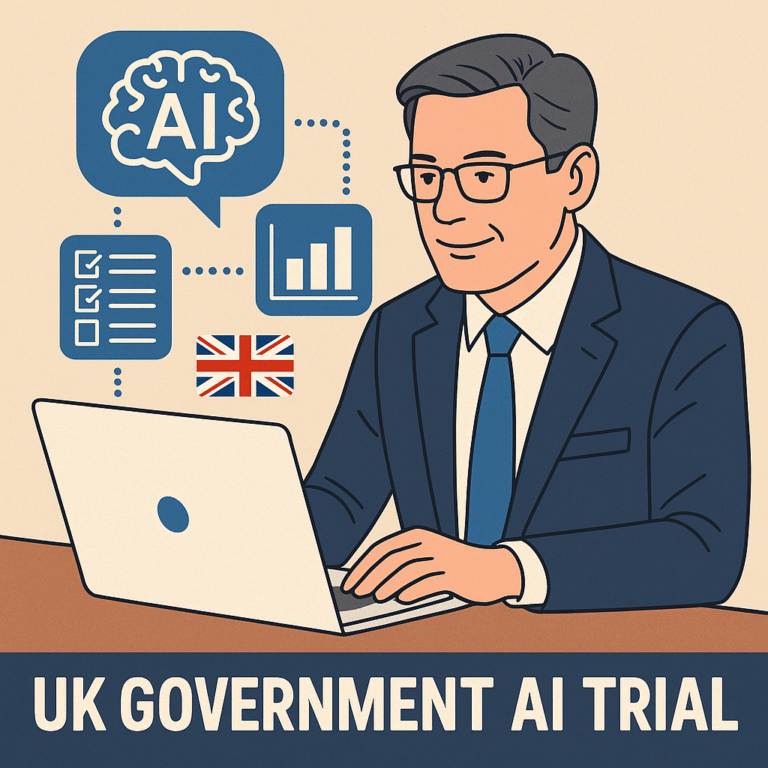FDA’s AI Tool for Medical Devices Faces Performance Setbacks

The U.S. Food and Drug Administration (FDA) is under scrutiny after internal sources revealed that its latest AI tool, designed to assist with the review of medical devices, is plagued with technical shortcomings.
The system, called CDRH-GPT, is currently in beta testing and intended to help the Center for Devices and Radiological Health (CDRH) streamline the review of life-saving devices like pacemakers, insulin pumps, X-ray machines, and CT scanners. However, two FDA insiders have confirmed that the tool is struggling with basic functions such as uploading documents and submitting user queries. It is also disconnected from the internet and unable to access recent studies or paywalled research critical sources for evaluating new devices.
The FDA, recently impacted by mass layoffs at the Department of Health and Human Services (HHS), has seen a cut in back-end staff that support device reviewers. AI was hoped to help fill the gap. But reviewers now say the tool’s limited capabilities risk delaying rather than accelerating the review process.
While AI has the potential to reduce time spent analyzing clinical trials and animal studies, many FDA employees and experts outside the agency worry that the government is moving too fast. Dr. Marty Makary, who became FDA commissioner on April 1, has pushed for full AI integration across divisions, setting a rollout deadline of June 30.
On Monday, Makary claimed the agency is ahead of schedule and unveiled a separate tool, Elsa, for broader FDA staff use. Elsa is being used to summarize adverse event reports and other administrative data. According to Makary, the first reviewer using Elsa said the tool completed a task in six minutes that normally takes two to three days.
Despite this promise, staffers say Elsa is still not capable of performing core tasks. In internal tests on Monday, Elsa returned incomplete or incorrect summaries when asked questions about FDA-approved products.
Arthur Caplan, head of medical ethics at NYU Langone Medical Center, voiced concern about the reliance on still-developing technology for critical reviews: “AI still needs human supplementation. It’s just not intelligent enough to challenge or probe an applicant’s claims.”
Critics also raise the issue of conflict of interest, urging the FDA to ensure no reviewer using AI has financial ties to the companies benefiting from the tool. Richard Painter, law professor at the University of Minnesota, warned that such ties could compromise both the agency’s integrity and public trust.
Some staff interpret the AI rollout not as support but as a signal of impending automation and job loss. With a hiring freeze and ongoing attrition, FDA teams are already stretched thin, according to one insider.
In response to these concerns, some experts suggest that a more measured and iterative approach refining the AI tools before wide deployment might better serve both public safety and agency efficiency.
As the June deadline approaches, it remains to be seen whether the FDA can reconcile its technological ambitions with the practical realities of medical device regulation.


